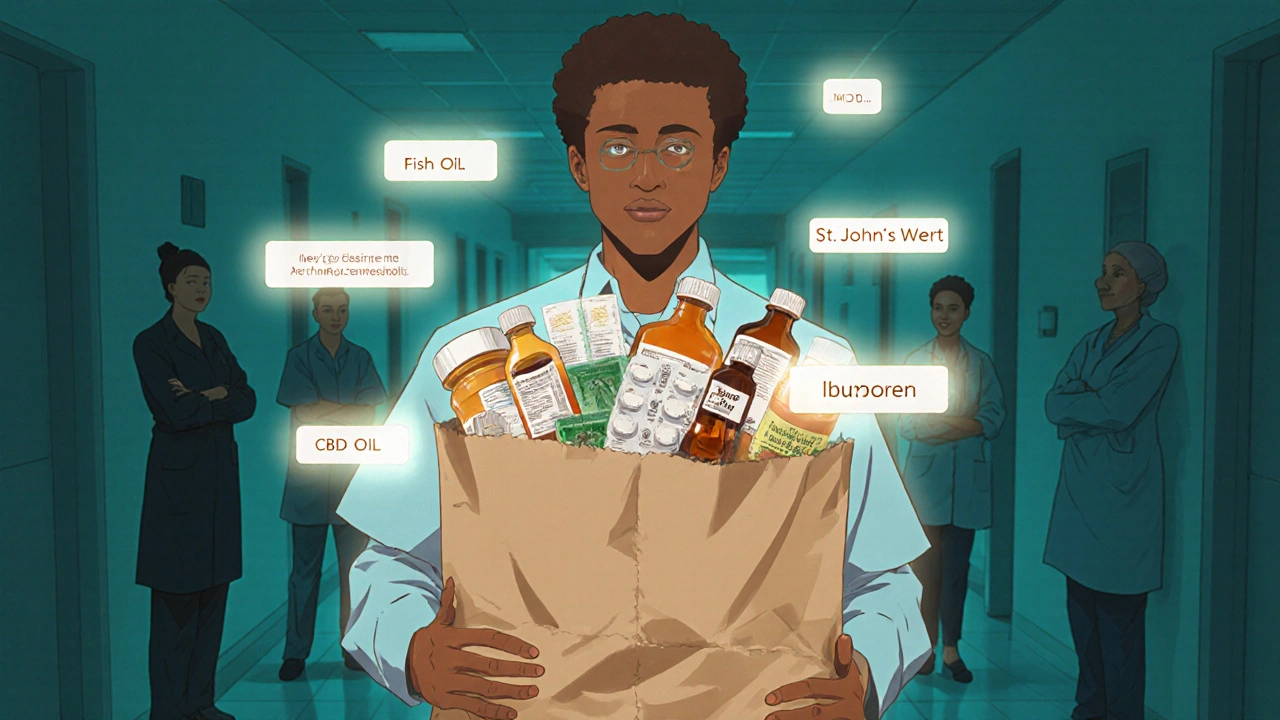Medical History: What It Is, Why It Matters, and How It Shapes Your Care
When doctors ask about your medical history, a detailed record of your past illnesses, surgeries, medications, allergies, and family health patterns. Also known as health history, it's the foundation of every treatment decision. This isn’t just paperwork—it’s your body’s story, and skipping parts of it can lead to dangerous mistakes. For example, if you’ve had a bad reaction to an antibiotic in the past, that detail could prevent a life-threatening allergy down the line. Or if your parent had early heart disease, your doctor might start checking your cholesterol sooner than usual.
Your medical history directly affects how medications work for you. Take drug interactions, when two or more medicines react in ways that reduce effectiveness or cause harmful side effects. Someone with a history of kidney problems might not tolerate certain painkillers. Someone who’s taken benzodiazepines for years might need a slower taper to avoid seizures. Even something as simple as a past reaction to sulfa drugs can change which antibiotics are safe for you. And it’s not just about what you’ve taken—it’s about what you’ve had. A history of thyroid issues can impact bone health, as shown in studies linking untreated hyperthyroidism to bone thinning. A history of depression might mean avoiding certain drugs that worsen mood, like some anticholinergics linked to memory loss in older adults.
medication safety, the practice of using drugs correctly to avoid harm depends entirely on accurate medical history. Think about duplicate medications—someone seeing a cardiologist, a neurologist, and a dermatologist might end up with three different pills that all do the same thing. That’s why keeping a full list and using one pharmacy matters. Your history tells your doctors what you’ve already tried, what didn’t work, and what caused problems. Without it, they’re guessing. And guessing with meds can cost you your health.
Family history is part of this too. If your mother had ovarian cancer, or your grandfather had a stroke at 50, those aren’t just sad stories—they’re risk signals. That’s why genetic screening and early testing exist. Your health history isn’t static. It grows with every new diagnosis, every new drug, every new symptom. That’s why updating it after every visit isn’t optional—it’s essential.
What you’ll find below isn’t just a list of articles. It’s a collection of real-world stories and science-backed insights that show how your past directly shapes your present—and future—health. From how anticholinergics can blur your memory to why your QT interval matters if you’ve taken certain antidepressants, these posts connect the dots between what happened to you and what’s happening now. You’re not just reading about medicine. You’re reading about your own body’s history—and how to protect it.
How to Share Your Medical History for Safer Medication Decisions
Learn how to accurately share your full medical history-including prescriptions, supplements, and OTC drugs-to prevent dangerous medication errors and ensure safer treatment decisions.
